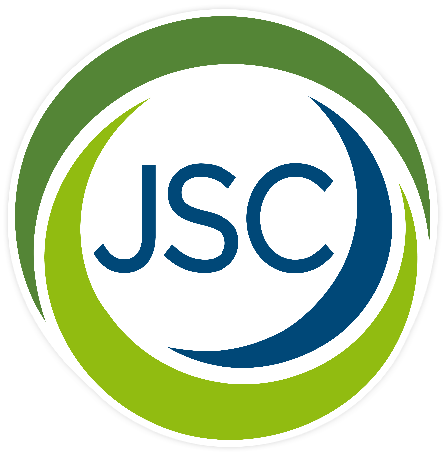 It’s no secret the healthcare industry will be facing some tough staffing challenges in the upcoming years as the Baby Boomer generation ages and the number of physicians available to treat them declines. However, there is one type of healthcare provider that is well-positioned to stand in the gap: Nurse Practitioners (NPs). NPs – registered nurses who have received additional schooling – are able to perform the same tasks as primary care physicians, diagnosing and treating health conditions in their patients. And they bring an added focus on holistic care and disease prevention – wellness strategies that are becoming increasingly valued in the public consciousness.
It’s no secret the healthcare industry will be facing some tough staffing challenges in the upcoming years as the Baby Boomer generation ages and the number of physicians available to treat them declines. However, there is one type of healthcare provider that is well-positioned to stand in the gap: Nurse Practitioners (NPs). NPs – registered nurses who have received additional schooling – are able to perform the same tasks as primary care physicians, diagnosing and treating health conditions in their patients. And they bring an added focus on holistic care and disease prevention – wellness strategies that are becoming increasingly valued in the public consciousness.
The Association for Nursing Professional Development (ANPD) is an organization that recognizes the importance of continuing skill development within the nursing profession and is celebrating Nursing Professional Development Week on September 23-29. ANDP understands the advancement potential that exists for nursing professionals, and that their value within the healthcare industry will only continue to increase. This is particularly true for nurses with advanced degrees. The Bureau of Labor Statistics predicts there will be 56,000 new positions available for NPs by 2026. Nurses are taking notice: according to statistics from The American Association of Nurse Practitioners, more than 26,000 new NPs completed their academic programs in 2017.
At Jordan Search Consultants, NPs are often requested by organizations to fill vacancies. And it’s no surprise: forward-looking organizations are also noting the value of this growing segment of the healthcare workforce. Patient satisfaction has become a vital part of assessing organizational success. Studies show that patients report equal or higher rates of satisfaction with NPs versus physicians. Additionally, patients who receive their primary care services from NPs tend to have less visits to the ER and shorter hospital stays. This is likely attributable to NP’s more holistic approach to patient care – addressing the physical, mental, and psychosocial aspects of patient health, focusing on patient education, and encouraging support and engagement from family members.
There’s no doubt that NPs have a valuable role to play in the future of the healthcare industry. Does your healthcare organization have a strategy to address recruiting and retaining high-performing NPs? It is definitely a strategy to be considered and developed as demand increases for these unique professionals.


